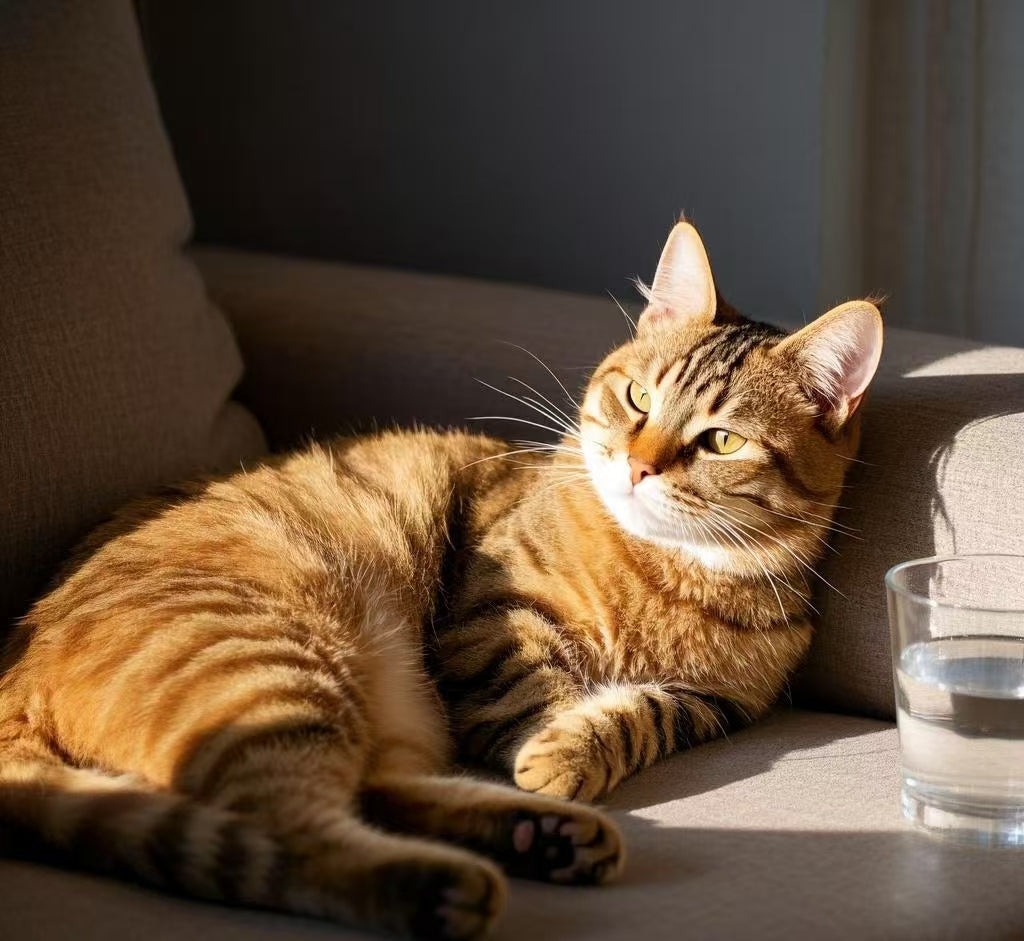Feline enteric coronavirus infection
Feline enteric coronavirus infection is an intestinal infectious disease caused by feline coronavirus and is mainly characterized by vomiting, diarrhea and neutropenia.
This virus mainly infects kittens between 6 and 12 weeks old. It is transmitted through the digestive tract and causes lesions similar to cases of porcine transmissible gastroenteritis. The virus has affinity for mature columnar epithelial cells from the mid-section of the duodenum to the cecum. Abnormalities can be found in the small intestine 3 days after infection, and the more serious ones are in the duodenum and jejunum.
[Main Symptoms] This disease often affects kittens after weaning. Three days after artificial inoculation with feline enteric coronavirus, the body temperature of the kittens increased and their appetite decreased. Vomiting and moderate diarrhea later occurred. Symptoms of dehydration may be seen in more severe cases. Mortality rates are generally low. In the acute phase of the disease, neutrophils in the blood drop to less than 50%. Histological changes are more common in more severe cases, mainly villous atrophy of the duodenum and jejunum, fusion of adjacent intestinal villi, and columnar epithelial shedding.
Diagnosis of this disease is difficult. The current diagnostic method is to detect the virus in the feces of sick cats under an electron microscope.
【Treatment】Unless severe dehydration requires rehydration, treatment is generally not required. To stop diarrhea, Zhili Powder can be taken orally or instilled rectally. You can also use 5g each of Coptis chinensis and Scutellaria baicalensis, 3g Phellodendron cypress, 6g Forsythia suspensa, 9g Dandelion, decoct in water to get the residue, wait for it to warm, and take it by gavage in 3 times; for low fever, you can use Qinqian Biejia Decoction; for dehydration, you can use Shengmai Drink; If you want to eat, you can use Pingwei Powder.
[Prevention] Some people believe that feline coronavirus may be widely distributed among cats, and many cats without clinical symptoms may be carriers of the virus. Almost all seropositive cats shed the virus in their feces, so prevention of the disease is difficult. Therefore, it is particularly important to strengthen feeding management and disinfect the environment to prevent this disease.

